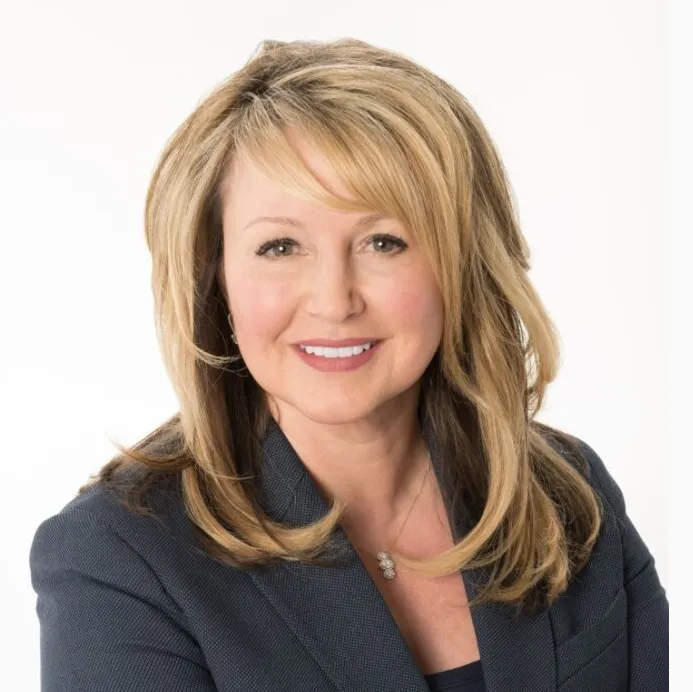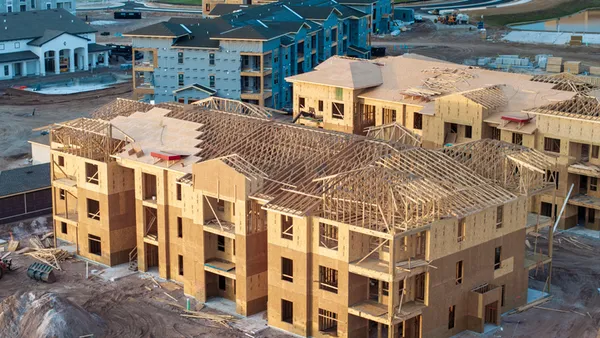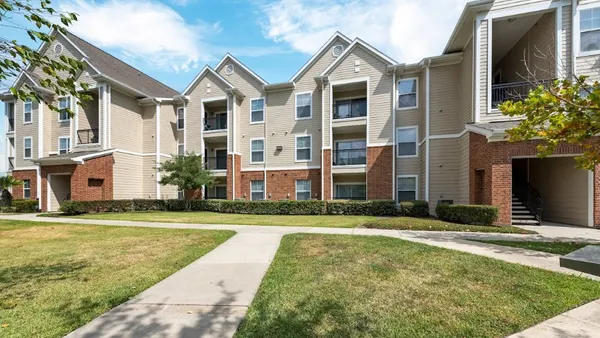Tasha Krawiec got her first taste of the apartment industry in college at Texas Tech, working as a temporary leasing agent at various properties around Dallas.
She may not have known it then, but that was the beginning of a multi-decade career that took her from Colonial Properties Trust to Bernard Allison Management to Landmark Apartment Trust of America and BH Management Services. In 2019, she decided to branch out on her own as a consultant.
“From [BH], I worked in some consulting — taking all the knowledge that I learned through the institutional firms, REITs and third-party companies — and helped smaller firms, including single-family operators, to bring them to more of an institutional, scalable platform,” Krawiec told Multifamily Dive.
However, throughout that experience, Krawiec retained her passion for managing property operations, including servicing clients and customers.
“With consulting, you don't see your results as much as you do when you're actually running a firm and bringing that level of service to an organization,” Krawiec said.
Enter Carleton Companies, an owner, developer and builder of apartments across the South and Southwest. In March, the Dallas-based firm hired Krawiec as the president and CEO of Carleton Management Services, which operates 3,500 units with another 1,000 in the pipeline.
Here, Krawiec talks with Multifamily Dive about management consolidation, centralization and supply.
This interview has been edited for brevity and clarity.
MULTIFAMILY DIVE: Will you be focused on building the company’s third-party platform?
TASHA KRAWIEC: What they have been focused on in the past is working through their partnerships and managing some of their own developments. We also have some third-party management now that we’re focused on.
About 30% of our business is third-party managed — some of which we've developed and been involved in from the ground up and some have just been through a management engagement. I'm coming in with a strong background in building that infrastructure and third-party business.
There has been a lot of management consolidation recently. What do you think is driving that?
It has become increasingly expensive to operate a midsize property management company based on the technology needed to stay competitive.
With increasing taxes, insurance, payroll and the resources to stay competitive for centralization, I think consolidation is the natural next step for some smaller and midsize firms to continue to be competitive.

But if you look at the top 50 managers through NMHC, they still only manage a small percentage of the multifamily units out there. So, I think that still creates a need and a niche for a midsize firm that is focused on operational performance. Innovation and service, both to your residents and your entire stakeholder platform, are going to be key as we move through the next five years.
How do smaller management businesses compete with the giant operators, especially as technology becomes critical?
I think your technology platform and talent are key. You must have the high-level talent to provide that customer experience and level of service. You have to be a smart operator and figure out how to manage these in the best way possible.
There are top-10 managers with hundreds of thousands of units. But you also have owners in that 5,000-to- 10,000-unit range, which may not be as relative to a larger firm as a smaller management firm.
How are you looking at centralization?
We're still in discovery mode, trying to figure out what makes the most sense in how we centralize, given the cost of talent, having the right talent and the rising cost to operate properties while still creating quality service.
Online leasing, online rent payments and some of those things have to be in place for centralization to be possible. I think there are also many opportunities to centralize the operational functions that allow people on site to focus more on the service.
How do you see your markets performing this year?
Our rents have remained flat, in line with the national average. In our markets, we have a dramatic supply coming online. But our demand is showing signs of life.
I think there will be some challenges this year. But there is reason to view things optimistically based on demand trending the right way a year or so from now. So, while 2024 will still be a challenging year from what we're seeing, it will not be anything we haven't been through before for those of us who have been through different types of recessions and real estate cycles.
Click here to sign up to receive multifamily and apartment news like this article in your inbox every weekday.










